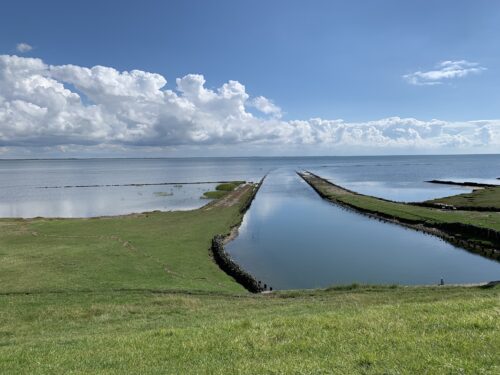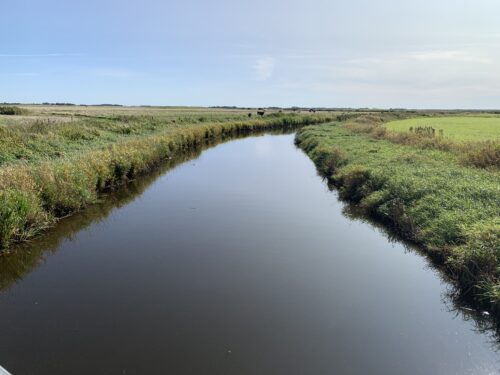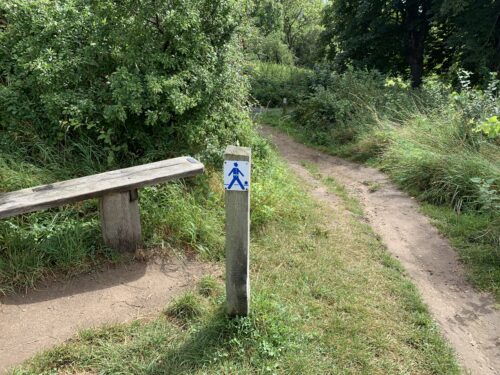Denmark is a small and peaceful country but it was not always so. A few hundred years ago, Denmark included Norway, some of Sweden and parts of what is now Northern Germany. Wars, intrigues, power struggles and politics ate away at Denmark’s borders.
In 1864, Denmark was defeated by the Austro-Prussian army and was thereby reduced to being one of Europe’s smallest nations. This final, humiliating battle was fought at Dybbøl Mølle, which is now one of Denmark’s important historical sights (photo below).

Instead of wallowing in self-pity, the Danes had a motto “What has outwards been lost shall inwards be won”. In other words, they set about consolidating what was left of their land. Moors were ploughed, bogs were drained and dykes were built to dry up marshlands and shallow sea – all to create more farmland (nature conservation was not a big thing back then).


The homecoming of the territory
The new wave of self-reliance and national pride also had sweeping cultural, social and commercial effects. All that is a long and interesting story, but this is not a history lesson. It is just an introduction to my summer’s exploits, so please bear with me a bit more. Let’s fast forward to the end of World War I in 1918.
Germany had just lost the war. In the northernmost part of Germany, Slesvig (which had previously belonged to Denmark), about half of the population spoke Danish and were Danish-minded. What to do? To make a long story short, a plebiscite was held. The result was that in 1920 the Danish border moved south and Denmark became at bit larger. The border was drawn through the middle of Slevsig so that primarily Danish-minded North Slesvig was reunited with Denmark.
That momentous event happened exactly 100 years ago this year and Denmark intended to celebrate it in a big way. All sorts of plans were laid but then the coronavirus appeared on the scene and put paid to most of it – except my personal plan of focusing on Southern Jutland in my summer’s excursions. So let’s get going! Stay tuned for the next blog article.


